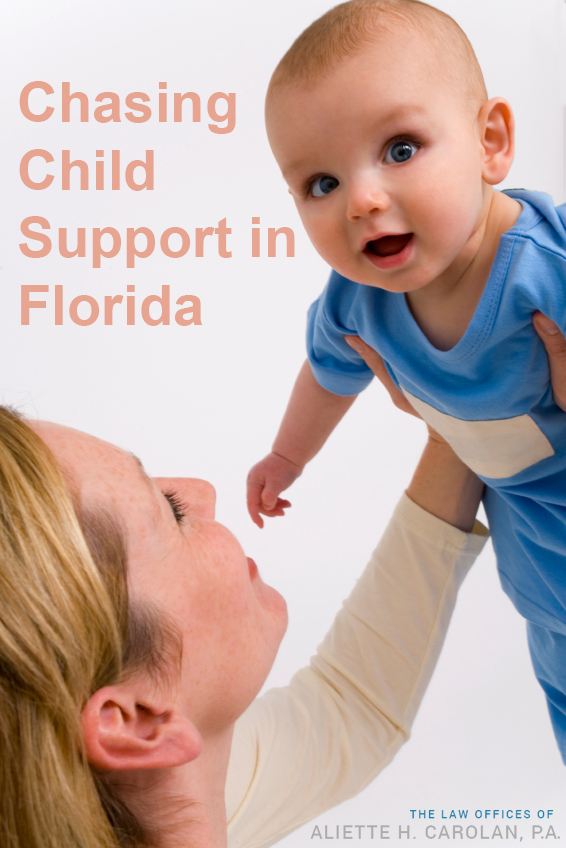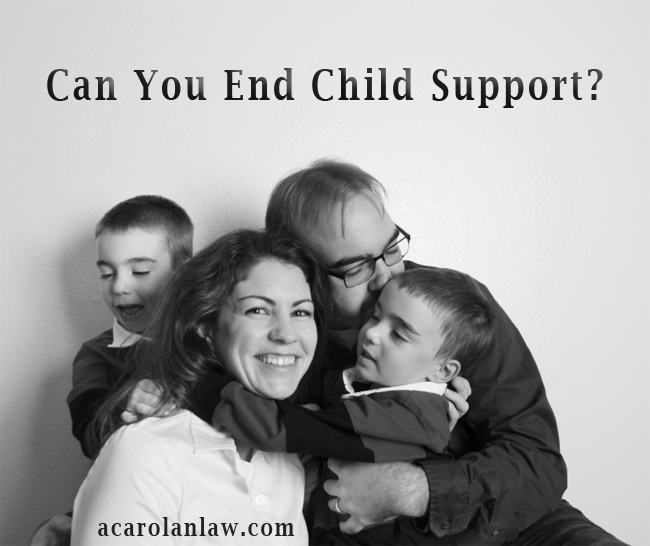Raising a child can be a very rewarding experience. If you are doing it without the help of the child’s other parent, then it can also be a very challenging one. This is particularly true when it comes to finances, as everyone knows how expensive raising children can be!
If you find yourself in a situation where your son or daughter’s other parent is not helping with their financial obligations to their child, then you may be frustrated and overwhelmed.
After all, you are caring for your child day to day, and the expenses keep piling up. Childcare costs, the costs for clothing, school supplies, medical insurance — all of these really do add up over time.





